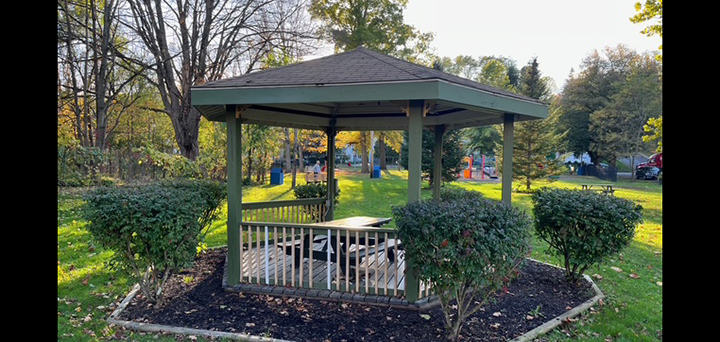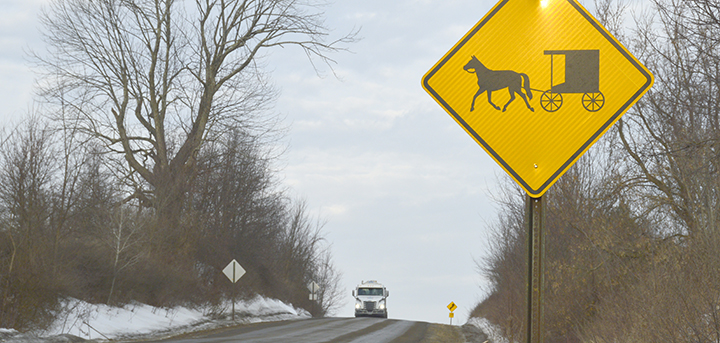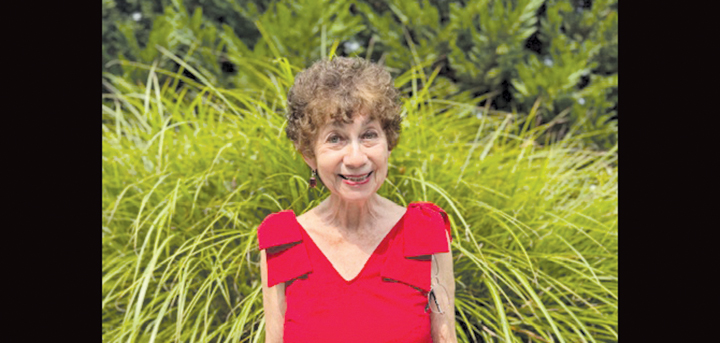The limits of democracy
In his second inaugural address President Bush proclaimed: “It is the policy of the United States to seek and support the growth of democratic movements and institutions in every nation and culture, with the ultimate goal of ending tyranny in our world.”
Like most Americans we cherish democratic values and believe deeply in our system. But it’s increasingly clear that Bush’s vision for transforming world politics – particularly in the Middle East – has rammed into an enormous roadblock.
The essence of democracy is not majority rule, but tolerance of dissent and respect for minority rights. What happens when elections bring to power intolerant forces that impose their will on others? What happens when ethnic or religious factions feel abused and assert their right to self-rule?
Both issues are highlighted by the current political crisis in Turkey, a firm American ally in a dangerous neighborhood that shares borders with Syria, Iraq and Iran. As a result, the president’s commitment to “democratic movements and institutions” is being put to a severe test.
Turkey is a Muslim country with a long history of secular politics dating back to the inspirational leadership of Kemal Ataturk in the 1920s. But today, Turkey is ruled by an Islamist party that wants to install one of its own leaders, Foreign Minister Abdullah Gul, as the nation’s president (who is now chosen by Parliament).










Comments